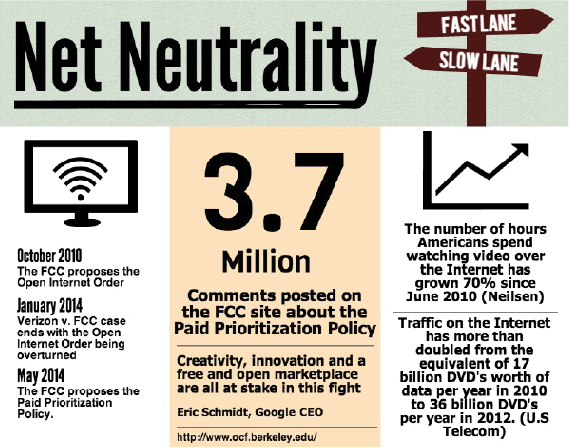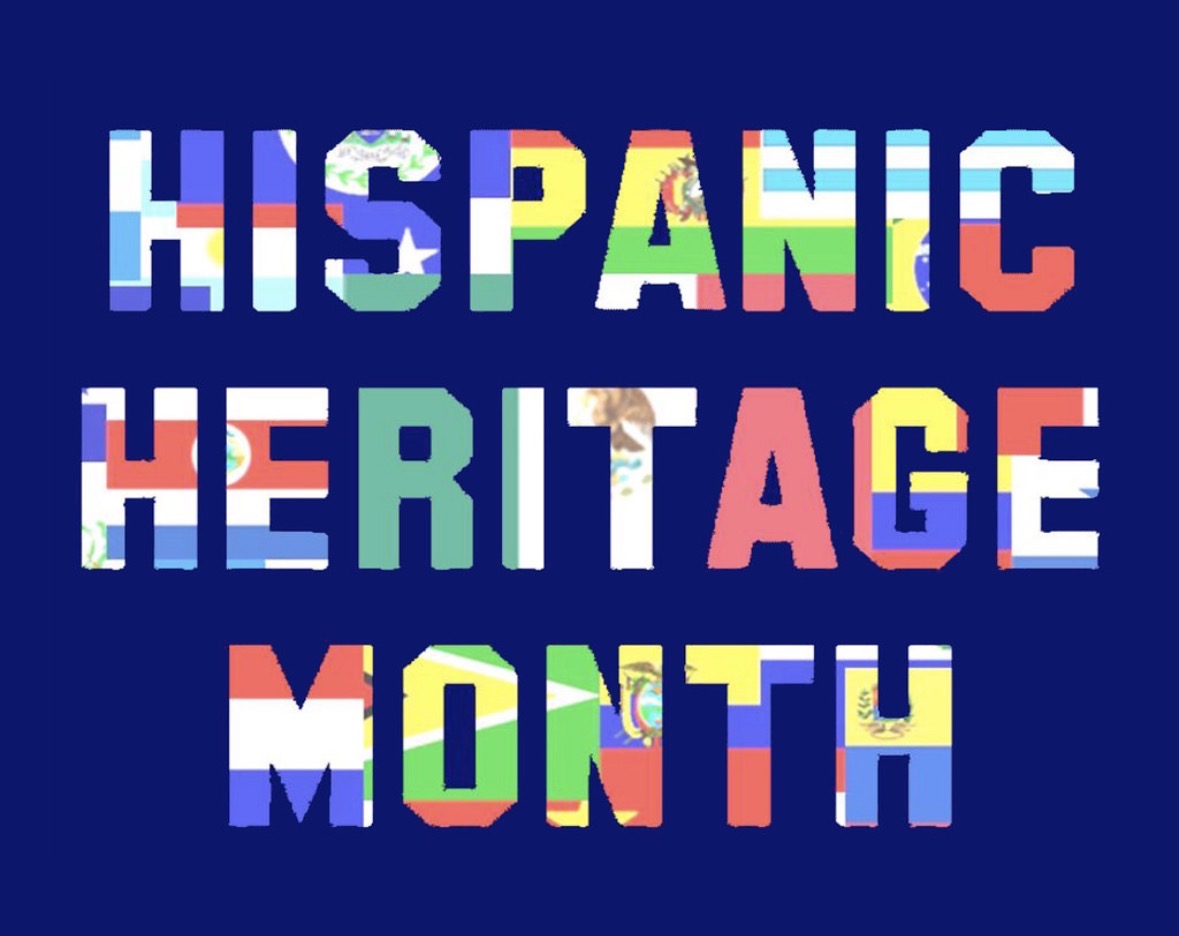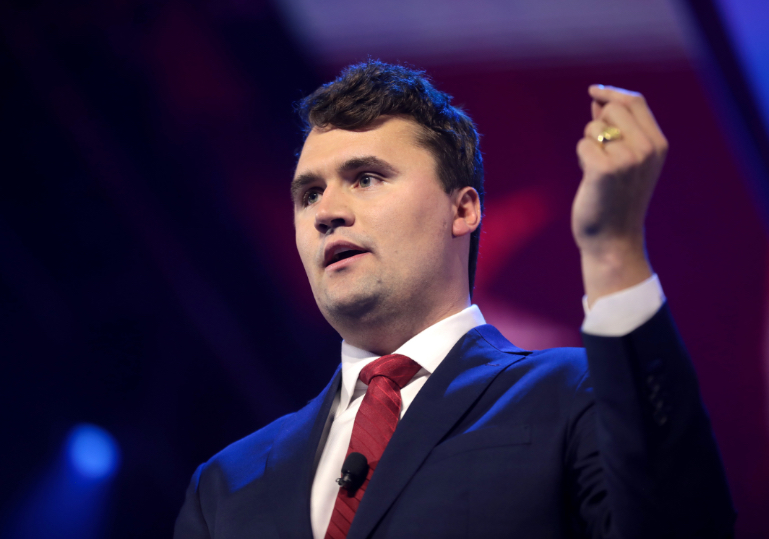by Sabrina Khan
The Federal Communications Commission (FCC) proposed a policy in May to end net neutrality, the free and fair use of the internet, called “paid prioritization.”
Net neutrality is the idea that Internet Service Providers (ISPs), such as Comcast, Verizon, and AT&T are not allowed to prioritize over content flowing through their networks. All information is considered equal, and this ensures that the speed and quality of the content on different sites is the same (given that the content is of the same size).
The Paid Prioritization Policy will allow ISPs to charge companies using the internet for their services, with the highest paying customer receiving the best service. ISPs will be able to legally slow down (throttle) or even block data running through their network and boost the speed of content for sites whose companies concede to paying additional fees for faster throughput.
In considering the effects on the school, Assistant Superintendent Dr. Joan Mast said, “I support the concept of net neutrality because in theory it provides equal access to internet resources. That being said, it is equally important for the internet infrastructure that supports net neutrality to be in place. The million dollar question is, ‘where do these funds come from?’ Should it be from the profits of internet providers… or should the end user be charged? Because net neutrality is about accessing information, I would prefer the FCC to support all schools and all individuals having the ability to access all data as an open resource.”
The public was given the chance to comment on the ninety-nine page notice of proposed rule-making (NRPM) published by the FCC announcing its prioritization proposal; the FCC received nearly 3.7 million comments. Several commenters suggested that converting the Internet to a “public utility,” is the right course of action, as it will grant the FCC more power to regulate it. Other commenters have raised concerns over what ISPs could do if this policy also pertained to mobile devices. While the FCC has not yet formally commented on this, it remains a possibility.
“I think it is a smart choice for [telecommunications] companies, because obviously they are going to make more money, but for Internet users it’s frustrating,” said junior Margie DeSantis. “In school especially, I use websites like Powerschool and Noodletools; what if they don’t pay to be in the fast lane?”
The issue with net neutrality was first raised in 2010, when the policies regarding Internet usage were determined insufficient. The FCC addressed the problem by passing the Open Internet Order. This policy protected net neutrality by requiring ISPs to be more transparent about their practices, and explicitly stated that ISPs are prohibited from blocking or manipulating content. Since the Open Internet Order only concerned common telecommunications carriers and not broadband providers, Verizon sued the FCC for imposing the policy on its services. The Open Internet Order was overturned in January 2014; the result of this is the proposed Paid Prioritization Policy.
The disagreement over net neutrality extends to those who are affected in the marketplace as well. ISPs argue that, while faster internet is desirable, it hampers the quality of more popular sites, which get several times more traffic per day. On the flipside, net neutrality promotes “creativity and innovation.” According to FCC Chairman Tom Wheeler, “Preserving the internet as an open platform for innovation and expression while providing certainty and predictability in the marketplace is an important responsibility of this agency. Other innovators cannot be judged on their own merits if they are unfairly prevented from harnessing the full power of the internet…”
However, Wheeler’s former position as a top lobbyist and chief executive for telecommunications entities raises serious questions, notes the New York Times. “The question is whether his long career representing the interests of telecommunications companies would make it hard for him to be an independent and fair regulator…Given his background, it is almost certain that he raised money from people whose companies he would regulate, creating potential conflicts of interest.”
The FCC plans to announce their final decision by the beginning of next year, but no official dates have been set. Comment on the FCC site (http://www.fcc.gov/comments) to voice your opinions on net neutrality.
Debate over net neutrality rages on as new policy is considered
October 29, 2014

0
More to Discover







